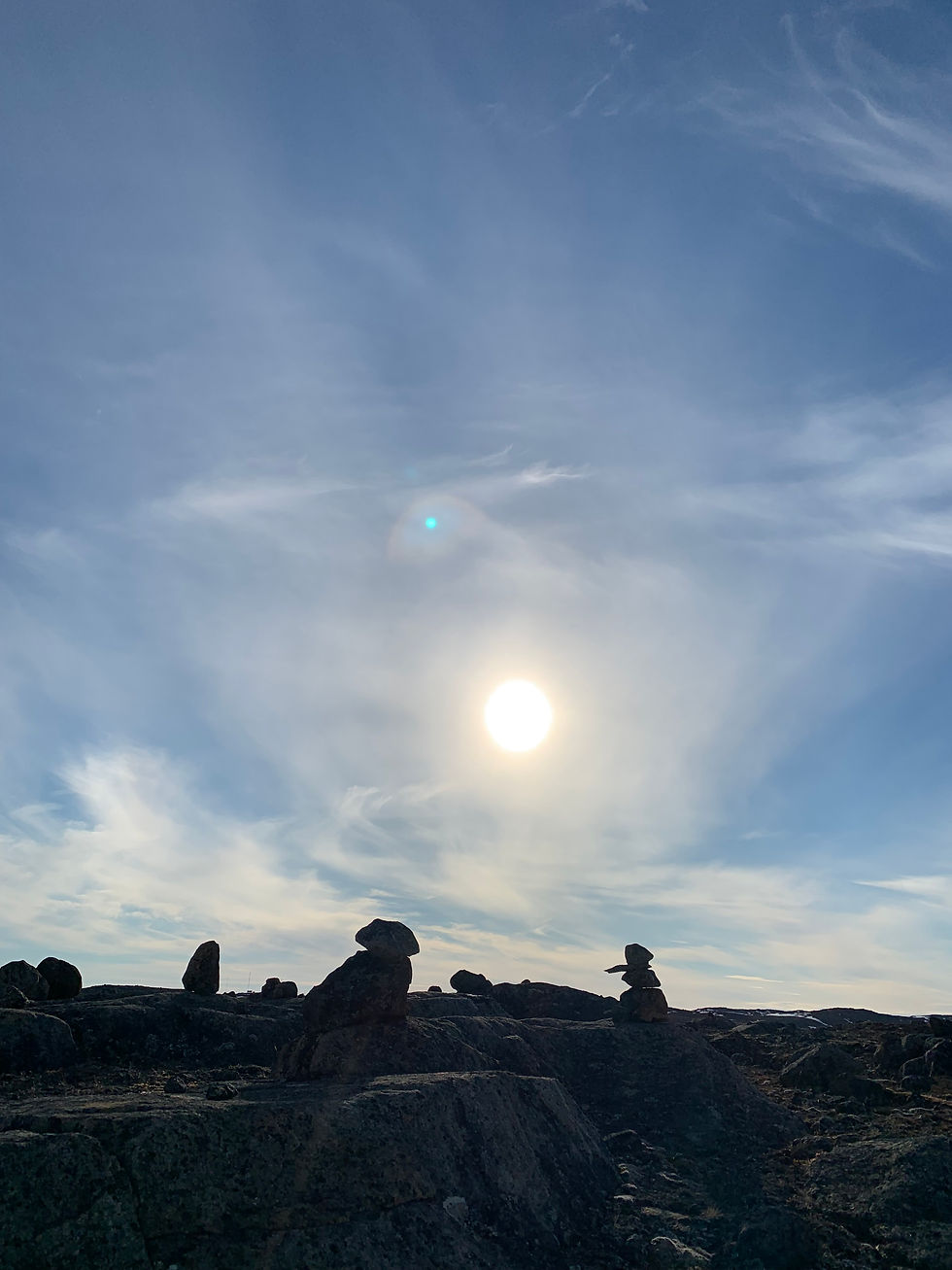Self Last?
- Deborah Clifford
- Oct 19, 2021
- 2 min read
Updated: Oct 20, 2021
This is a big one, seemingly for many humans wandering the earth today. One of the interesting things that I’m looking at is the myth that we’re all basically good creatures. This myth tells me that in my truest core I’m inherently good and full of love. It seems to me that this mythology inherently exists to tell me that I’m valuable if I conduct my life in a kind and thoughtful way. My temper tantrums or deep envy are character flaws which should be worked on, fixed if possible. This may or may not be true. Truth is not an easy thing to arrive at, given the messy chaos that is life. I’m not interested in truth, as I conceive it. Too uncertain, my truth. I’m interested in ecological realities. If, all of nature is a waving of inter-connectedness, then that’s just the way it is, including me I’m woven into the fabric of life, despite my feelings to the contrary. However, one of the ways in which I have been programmed by my cultural mythologies is to force connections, by denying my needs. My programming is even more in your face, coming as it does from being a female child in a fundamentalist family, in small town rural Newfoundland. Weekly I chanted the moto, at the girls church group, “Jesus first. Others second. Self last.” I’m pretty sure, now that I give this some thought, that the boys, in their group, did not have this as their opening and closing thought. This little ditty, repeated year after year, did its work. In fact, as I faced my devastated life, I could track some of the wreckage back to the act of self-negation. I repeatedly did things because someone else really wanted me to make them happy. So desperate was I to please that at mid-life, I found myself without a solid sense of self.
Ecologically how does one see the value of placing something or someone in front of self? Aren’t there examples from nature of when this is done? Typically, a mother protecting her young, such as the whippoorwill, dragging a wing to distract a potential predator from her nesting young. In an extreme example, in the spider species Stegodyphus, the mother is consumed by the offspring as soon as they are born! Ah yes, nature is fine with some acts of self-sacrifice. Which points to the truth of this “self last” mantra, sometimes. What arises with a close look at ecological realities is the diversity of possibilities. In some case yes to sacrifice. In other examples, a vigorous defense. Many examples show the sacrificial acts arising out of the need to assist someone/something very vulnerable. As a daily response to every intention, the ‘self last’ does not seem to be an ecological reality. There are many images of savage intention, of giving an opponent a full-on challenge should they dare to move into occupied territory. No easy, timid retreat there. If you want those resources, you will be prepared to fight for them.

Comments